GLYCOPYRROLATE - ORAL
PHONETIC PRONUNCIATION: (GLYE-koe-PIR-oh-late)
COMMON BRAND NAME(S): Robinul
GENERIC NAME(S): glycopyrrolate
Uses
USES: Glycopyrrolate is used with other drugs to treat a certain type of stomach/intestinal ulcer (peptic ulcer). This medication may help relieve stomach/abdominal pain. However, it has not been shown to be effective in healing these ulcers, preventing them from returning, or preventing other problems caused by ulcers. Glycopyrrolate works by decreasing the amount of acid in the stomach. It also slows the natural movements of the gut and relaxes the muscles in the stomach/intestines. Glycopyrrolate belongs to a class of drugs known as anticholinergics.
How to use GLYCOPYRROLATE - ORAL
HOW TO USE: Take this medication by mouth, usually 2 to 3 times a day or as directed by your doctor. The dosage is based on your medical condition and response to treatment. The manufacturer recommends that adults should not take more than 8 milligrams a day of glycopyrrolate. Do not increase your dose or take this drug more often without your doctor's approval. Your condition will not improve any faster and the risk of serious side effects may increase. Tell your doctor if your condition persists or worsens.
Side Effects
Precautions
Interactions
Overdose
Images
Reviews
Faq for GLYCOPYRROLATE - ORAL
Glycopyrrolate is primarily used to treat excessive sweating (hyperhidrosis) by reducing the production of sweat in specific areas of the body.
Glycopyrrolate works by blocking the action of a certain natural substance (acetylcholine) in the body, which helps to reduce excessive sweating.
Common side effects of Glycopyrrolate include dry mouth, dry eyes, blurred vision, dizziness, constipation, and urinary retention.
Glycopyrrolate is usually taken orally with or without food, as directed by your doctor. It is important to follow the dosage instructions carefully and not exceed the prescribed amount.
It is important to consult with your doctor before taking Glycopyrrolate during pregnancy or breastfeeding. The potential risks and benefits should be evaluated and discussed.
Glycopyrrolate may interact with other medications, including antihistamines, tricyclic antidepressants, antipsychotic drugs, and certain heart medications. It is important to inform your doctor of all the medications you are currently taking.
The onset of action of Glycopyrrolate may vary for different individuals. It typically starts working within a few hours to a few days. However, individual response may vary.
Glycopyrrolate can be prescribed for children, but the dosage and usage should be determined by a healthcare professional. It is important to follow their guidance.
Though primarily used for excessive sweating, Glycopyrrolate may be prescribed for other conditions such as irritable bowel syndrome, peptic ulcers, and drooling in certain children. However, it is important to consult with your doctor for its appropriate usage.
Disclaimer
IMPORTANT: HOW TO USE THIS INFORMATION: This is a summary and does NOT have all possible information about this product. This information does not assure that this product is safe, effective, or appropriate for you. This information is not individual medical advice and does not substitute for the advice of your health care professional. Always ask your health care professional for complete information about this product and your specific health needs.
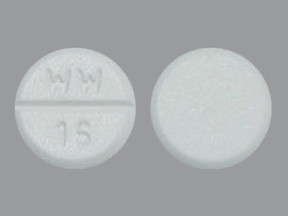

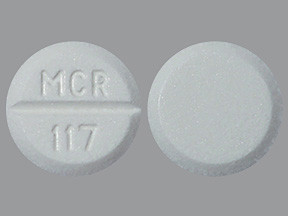
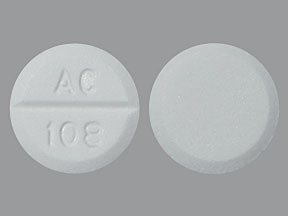
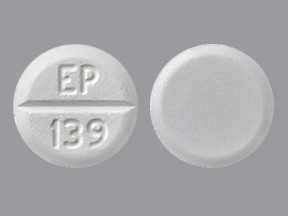
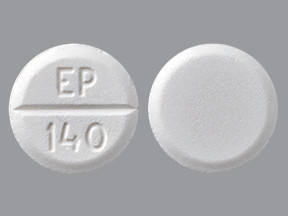
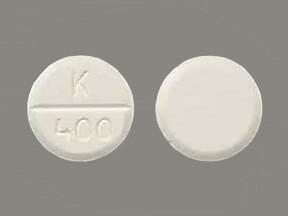
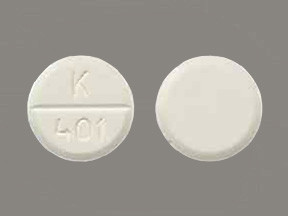
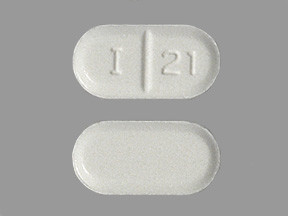
No Reviews Yet